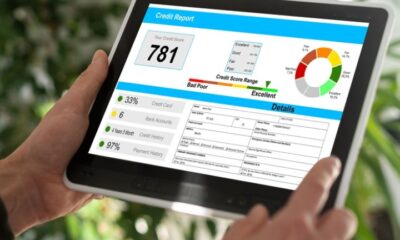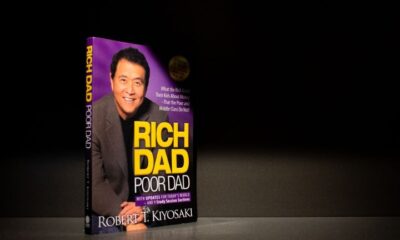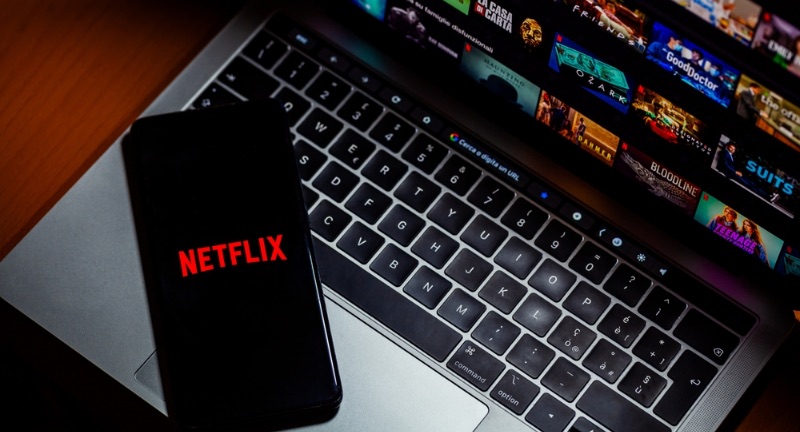
Shutterstock
Managing your finances means finding and identifying moments where you might be overspending and fixing it. Many everyday purchases can seem insignificant but can add up to large amounts over time. By recognizing and adjusting these potential money drains, you can reallocate your resources towards more important financial goals. This list shows common spending mistakes that you might encounter, letting you in on insights about how you can avoid them. With careful planning you can ensure your money is spent wisely and effectively.
Unused Subscriptions

Shutterstock
It’s easy to forget about subscriptions you are not using, whether it is for streaming services, magazines, or online services. These recurring charges can add up significantly over time. Take a close look at your bank statements to identify subscriptions you can cancel. By eliminating unused subscriptions, you can save money each month without impacting your lifestyle.
Daily Coffee Shop Visits

Shutterstock
Buying coffee from a cafe every day can quickly drain your wallet. While it might seem like a small expense, it can add up to hundreds of dollars each month. Consider making your coffee at home to save money and customize your brew to your liking. Investing in a good coffee maker can pay off in the long run.
Cable TV Packages
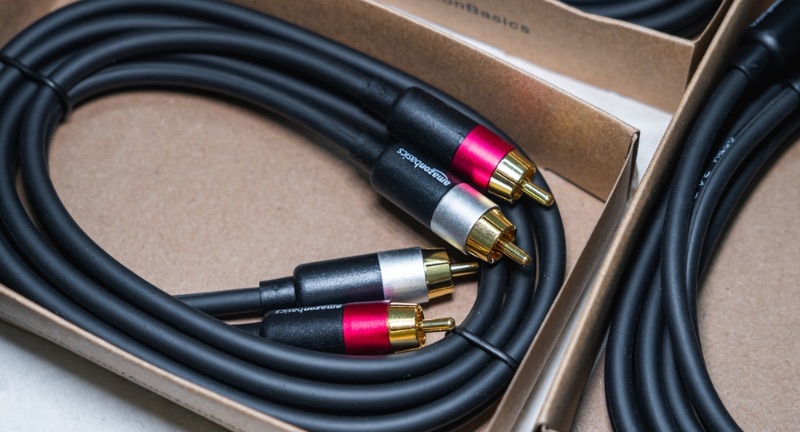
Shutterstock
Cable TV packages can be expensive, especially if you only watch a few channels. Many people pay for channels they never watch, leading to wasted money. Consider switching to streaming services that offer the specific content you enjoy. Cutting the cord can lead to significant savings while still providing access to your favorite shows.
Extended Warranties

Shutterstock
Extended warranties often cost more than they’re worth, especially if the item rarely breaks. Many products come with manufacturer warranties that cover the same period as an extended warranty. Instead of paying for additional coverage, consider setting aside savings for repairs or replacements if needed. This approach can save money and reduce unnecessary expenses.
Bank Fees

Shutterstock
Bank fees, such as overdraft charges and account maintenance fees, can quietly eat into your savings. Review your bank statements to identify any fees you are paying and consider switching to a bank with more favorable terms. Many banks offer accounts with no fees or better perks if you meet certain requirements. By choosing a fee-free account, you can keep more of your money.
Late Payment Fees

Shutterstock
Late payment fees on bills and credit cards can add up quickly and damage your credit score. To avoid these fees, set up automatic payments or reminders to ensure bills are paid on time. Being proactive about payment schedules can save you from unnecessary charges. By managing your finances better, you can maintain a healthy credit profile and save money.
Brand-Name Products

Shutterstock
Brand-name products often cost more than their generic counterparts without offering significant advantages. Many store-brand items are made by the same manufacturers and have similar quality. By choosing generic brands, you can save money without sacrificing quality. Consider trying store brands for everyday items like food, cleaning supplies, and medications.
Impulse Purchases

Shutterstock
Impulse purchases can quickly derail your budget and lead to buyer’s remorse. It’s easy to get caught up in the excitement of a sale or a new product, but these purchases can add up. To avoid impulse buys, create a shopping list and stick to it, and give yourself a cooling-off period before making non-essential purchases. This approach can help you save money and make more thoughtful spending decisions.
Dining Out Frequently

Shutterstock
Eating at restaurants regularly can be costly and less healthy than cooking at home. While dining out is convenient, it often comes with a hefty price tag. By planning meals and cooking at home, you can save money and enjoy healthier meals. Consider reserving restaurant visits for special occasions to reduce your food expenses.
Bottled Water

Shutterstock
Bottled water is an unnecessary expense when tap water or filtered water is readily available. The cost of bottled water adds up quickly, especially if purchased frequently. Investing in a reusable water bottle and a home water filter can save money and reduce environmental impact. Making the switch to tap or filtered water is a simple way to cut costs.
Gym Memberships You Don’t Use

Shutterstock
A gym membership can be a waste of money if you’re not using it regularly. Many people sign up with good intentions but end up going infrequently or not at all. Consider canceling your membership and exploring free or low-cost workout options like home exercises, outdoor activities, or community classes. This change can help you stay fit without overspending.
Premium Gas
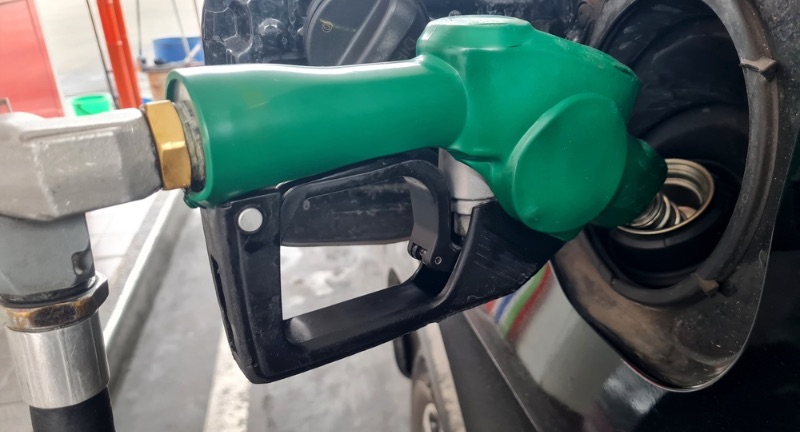
Shutterstock
Premium gas is often more expensive than regular gasoline, and most cars do not require it. Using premium gas in a vehicle that doesn’t need it is an unnecessary expense. Check your car’s manual to see if premium gas is recommended; if not, opt for regular gas to save money. This small change can add up to significant savings over time.
Lottery Tickets

Shutterstock
Lottery tickets are a gamble with a low chance of return on investment. Many people spend money on lottery tickets hoping to win big, but the odds are typically stacked against them. Instead of spending money on the lottery, consider putting it into a savings account or investment with more reliable returns. This shift in spending can lead to more secure financial growth.
New Gadgets

Shutterstock
New gadgets and technology can be enticing but are often unnecessary if your current devices still function well. Many people purchase the latest tech out of habit rather than need, leading to wasted money. Consider whether a new gadget is truly necessary before buying and weigh its benefits against the cost. Waiting for prices to drop or buying refurbished can also save money.
Convenience Fees

Shutterstock
Convenience fees are charges added for the ease of using certain services, such as paying bills online or buying tickets. These fees can accumulate over time and add unnecessary costs to your transactions. To save money, look for alternative ways to pay or purchase that don’t involve convenience fees. Avoiding these charges can help you keep more money in your pocket.
Unnecessary Home Upgrades
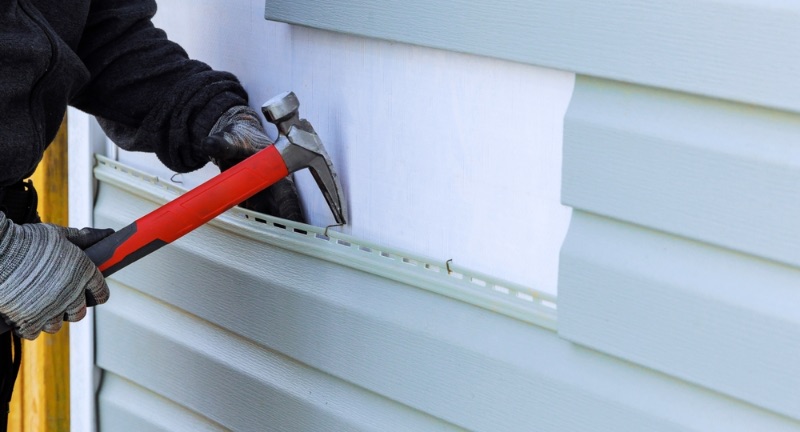
Shutterstock
Home upgrades can be costly, especially if they’re not essential or don’t add significant value to your property. It’s easy to get carried away with renovations that aren’t needed, leading to overspending. Prioritize upgrades that improve your home’s functionality or energy efficiency. This approach ensures your money is spent wisely and enhances your home’s value.
Takeout Food

Shutterstock
Takeout food is convenient but often more expensive than cooking at home. Ordering takeout regularly can lead to overspending on meals that could be made at a fraction of the cost. Try meal planning and cooking at home to reduce your food expenses. This change can save money and encourage healthier eating habits.
Expensive Gifts

Shutterstock
Buying expensive gifts can strain your budget and isn’t always necessary to show appreciation. Thoughtful, personalized gifts often carry more meaning and can be more affordable. Consider handmade gifts or experiences instead of costly items. This approach allows you to give meaningful presents without overspending.
Fast Fashion

Shutterstock
Fast fashion is appealing for its low prices, but it often results in poor quality and a need for frequent replacements. Constantly buying new clothes to keep up with trends can be costly. Invest in quality, timeless pieces that last longer and reduce the need for constant shopping. This strategy can save money and contribute to a more sustainable wardrobe.
Excess Groceries That Spoil

Shutterstock
Buying too many groceries often leads to waste when food spoils before it can be used. It’s easy to overestimate your needs and purchase more than necessary, leading to wasted money. Plan your meals and shop with a list to buy only what you’ll use. This approach helps reduce food waste and keeps your grocery bills in check.
High-Interest Debt
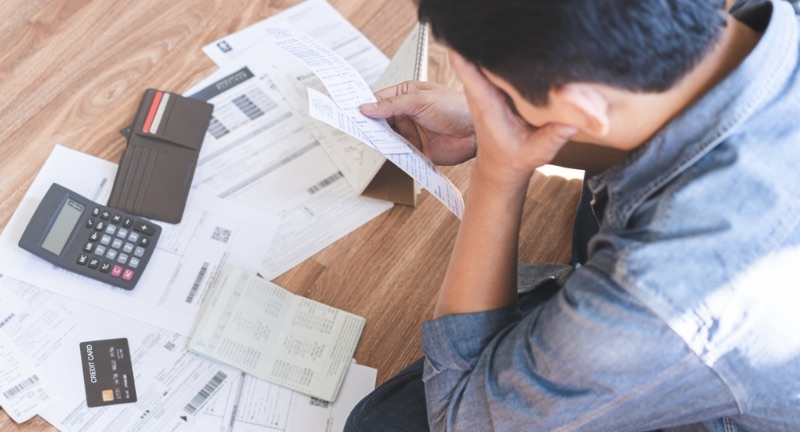
Shutterstock
High-interest debt, such as credit card balances, can quickly accumulate and become a financial burden. The interest charges on these debts can cost you significantly over time. Focus on paying down high-interest debt as quickly as possible to reduce the amount of money lost to interest. This financial strategy can free up funds for savings and investments.
Unnecessary Insurance

Shutterstock
Unnecessary insurance policies, like extended warranties or insurance for items you rarely use, can add unnecessary costs. Review your insurance coverage regularly to ensure you’re not paying for policies you don’t need. Opt for essential insurance, like health, home, and auto, to protect yourself without overspending. This review can help you cut costs and allocate money more effectively.
Unused Gift Cards

Shutterstock
Unused gift cards represent money that’s already been spent but not utilized. It’s easy to forget about gift cards or let them expire, leading to wasted funds. Make a conscious effort to use gift cards before they expire or lose value. This approach helps ensure you get the full benefit of these prepaid resources.
Trendy Fitness Classes

Shutterstock
Trendy fitness classes can be expensive and may not offer better results than traditional exercise methods. While they can be fun, the cost can add up quickly if attended regularly. Explore more affordable or free exercise options that fit your lifestyle. This can help you stay active without overspending.
Excessive Energy Usage
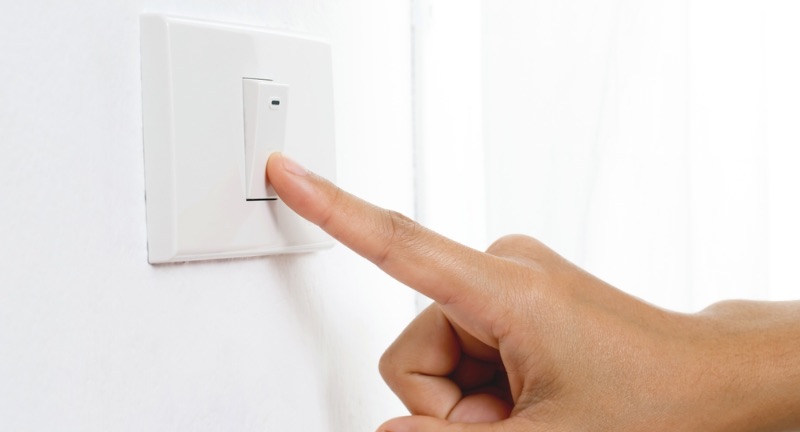
Shutterstock
Excessive energy usage in the home can lead to high utility bills. Leaving lights on, using outdated appliances, or ignoring energy-efficient practices can waste money. Implement energy-saving habits like using LED bulbs, unplugging electronics when not in use, and investing in energy-efficient appliances. These changes can lower your energy costs and benefit the environment.
Gourmet Pet Food

Shutterstock
Gourmet pet food can be a significant expense and isn’t always necessary for your pet’s health. Many high-quality, affordable pet foods provide all the nutrition your pet needs. Consult your veterinarian to determine the best diet for your pet without overspending on luxury brands. This can help you save money while ensuring your pet stays healthy.
Conclusion

Shutterstock
Saving money requires dedication and a willingness to re-evaluate spending habits regularly. By cutting unnecessary expenses, you can improve your financial situation and work towards your monetary goals. This approach not only helps you save money but also encourages a more mindful lifestyle. Small changes can lead to large benefits over time, making it easier to build savings and invest in your future. Remember, every dollar saved is a step closer to achieving your security and financial stability.

 Entertainment3 weeks ago
Entertainment3 weeks ago
 Celebrity News6 days ago
Celebrity News6 days ago
 Celebrity News6 days ago
Celebrity News6 days ago
 News6 days ago
News6 days ago
 Celebrity News1 month ago
Celebrity News1 month ago
 Celebrity News3 weeks ago
Celebrity News3 weeks ago
 Entertainment3 weeks ago
Entertainment3 weeks ago
 Entertainment2 days ago
Entertainment2 days ago
































